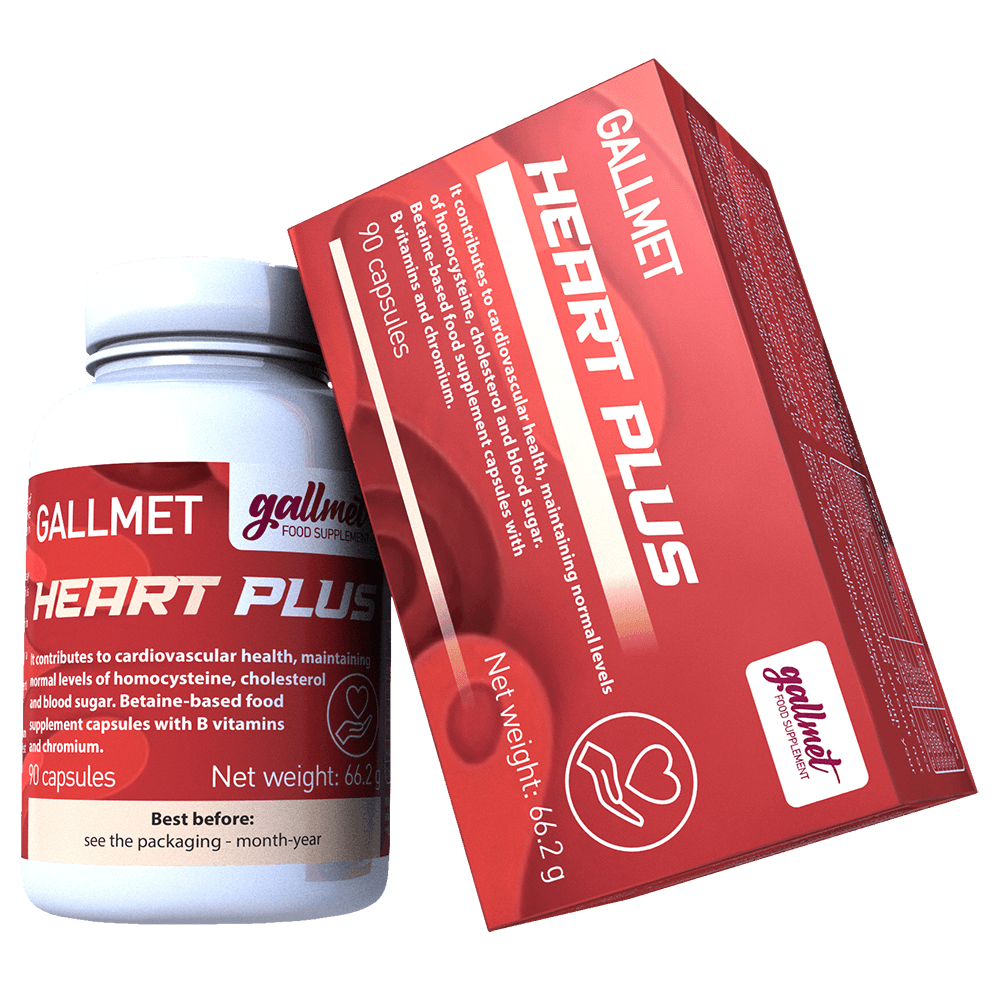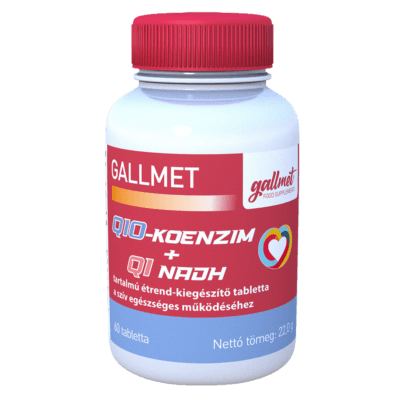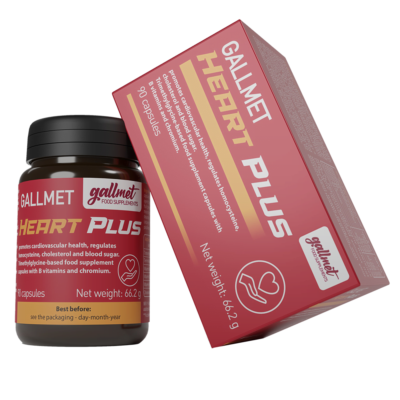Correlation of cardiovascular diseases (heart attack, stroke, etc.) with homocysteine levels

Cardiovascular disease causes almost half of all deaths in Hungary! More than 80% of cardiovascular deaths are attributed to myocardial infarction and stroke, with about 1/3 of deaths occurring in people under 70 years of age. Elevated blood homocysteine levels are a risk factor for cardiovascular disease independent of traditional risk factors and can be used to predict disease development and assess risk.
Homocysteine is an amino acid that is essential for normal cell function, but high homocysteine levels have undesirable effects. More than 100 diseases or conditions, mainly cardiovascular, have been identified that are associated with elevated blood plasma homocysteine levels. More information about homocysteine!
Should I care about my homocysteine level if I have already developed any of the symptoms listed below?
- Atherosclerosis and vasoconstriction
- heart disease (e.g. heart attack),
- stroke,
- vascular blockage (thrombosis, embolism),
- abnormal blood fat (high LDL cholesterol, high triglycerides),
- high blood pressure.
Yes, it is worth looking after your blood homocysteine levels because:
- Abnormal elevation of blood homocysteine levels increases the risk of atherosclerosis and increases the risk of complications.
- High homocysteine levels damage the inner surface of blood vessels (endothelial cells), which is associated with an increased tendency to thrombosis (vessel occlusion).
- High homocysteine significantly increases the damaging effects of abnormal blood fat, high blood pressure, smoking and diabetes.
- Keeping homocysteine levels low can significantly slow the growth of atherosclerosis (plaque) and improve heart function.
How can I tell if I am affected and have high homocysteine levels?
- If you have a family history of the following, you are very likely to be affected:
- Alzheimer's disease,
- Parkinson's disease,
- dementia,
- thrombosis,
- cerebrovascular diseases,
- cardiovascular diseases,
- cancer,
- severe or fatal SARS-Cov2 infection,
- MTHFR 1298C or C677T genetic defect.
What can I do to prevent or reduce the risk of cardiovascular disease?
The most important things to do are:
- not smoking,
- 30 minutes of active exercise a day,
- a diet rich in vegetables and wholemeal bakery products,
- reduce fat consumption, avoid obesity,
- blood pressure should be below 140/90 mm Hg,
- total cholesterol should be below 5 mmol/l.
Vitamin B9 (folate) is of paramount importance in reducing the damaging effects of homocysteine levels and repairing the damaged inner surface of blood vessels, but vitamins B12 and B6 also play a role in maintaining normal homocysteine levels.
With vitamins B9 (folate), B12 and B6, vascular diseases associated with high homocysteine levels can be avoided:
- in 20% of coronary artery diseases,
- in 40% of cerebrovascular disease,
- in 60% of diseases of the endothelial vessels.
With the use of these three vitamins, the risk of vascular disease can be reduced by 62% and the number of cases by 2/3!
betaine, vitamin B9 (folate), vitamin B12 and vitamin B6 can reduce the risk of high blood pressure and stroke.
Terminalia chebula - herb - can significantly reduce 2–type 1 diabetes, increases blood HDL cholesterol (good cholesterol), lowers LDL cholesterol (bad cholesterol) while other cardiovascular risks can be significantly improved.
Chromium is a trace mineral that helps to maintain proper blood fat levels by lowering total cholesterol, thus supporting the prevention of cardiovascular disease.
The GALLMET HEART PLUS food supplement 💊 contains folate (vitamin B9), betaine, vitamins B6 and B12, which reduce elevated levels of homocysteine in the blood, contributing to normal heart and vascular function, which can maintain heart and circulatory health.
TRY GALLMET HEART PLUS CAPSULES NOW AT A SPECIAL INTRODUCTORY PRICE!
Click on the [print-me] icon to print the page







